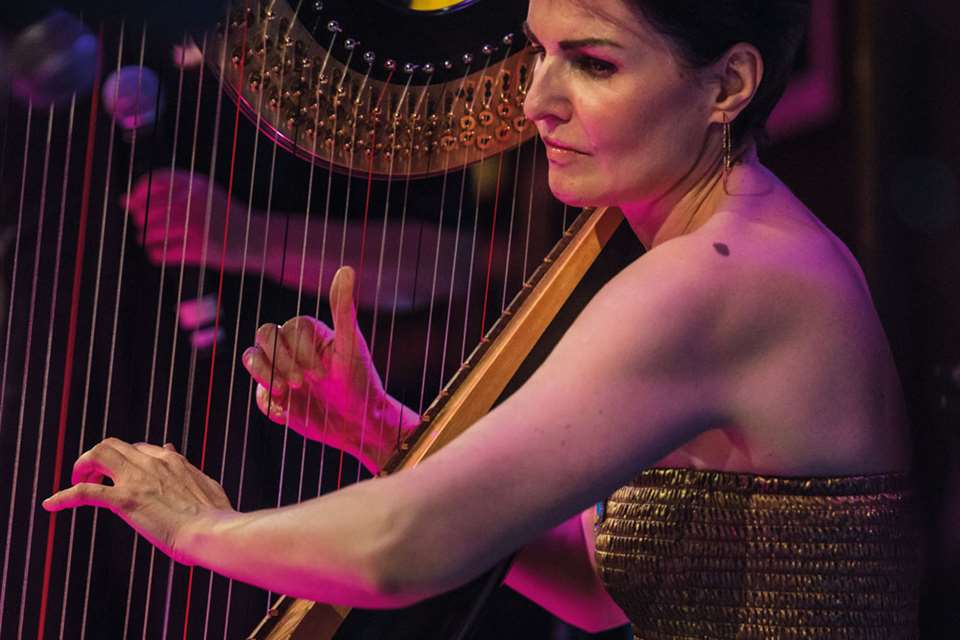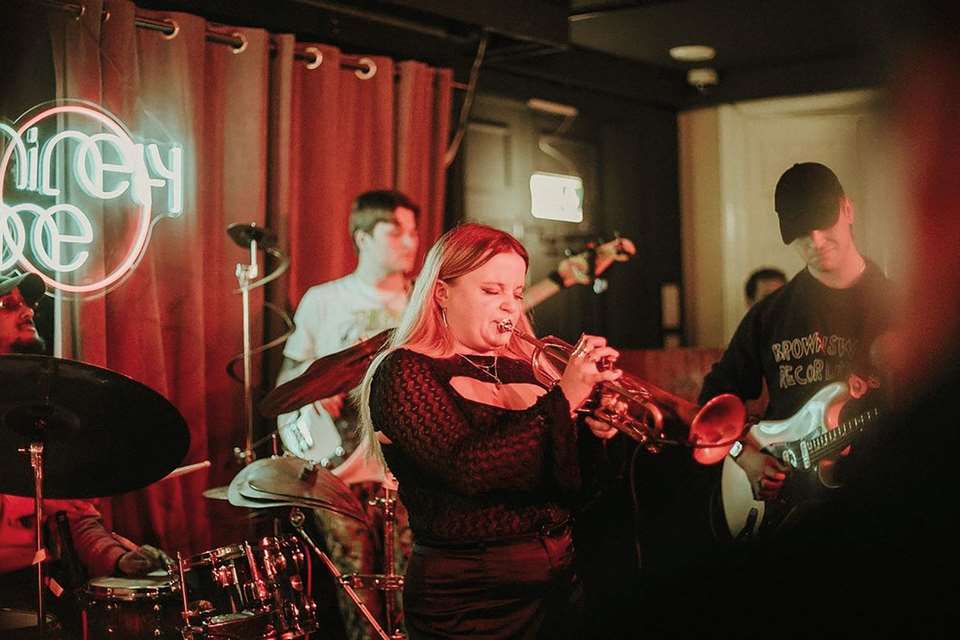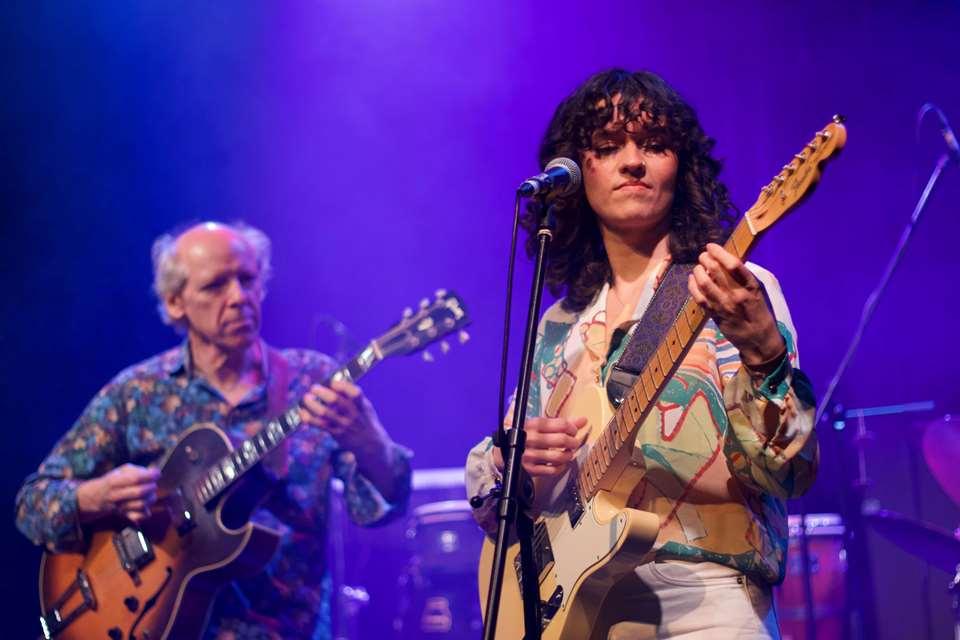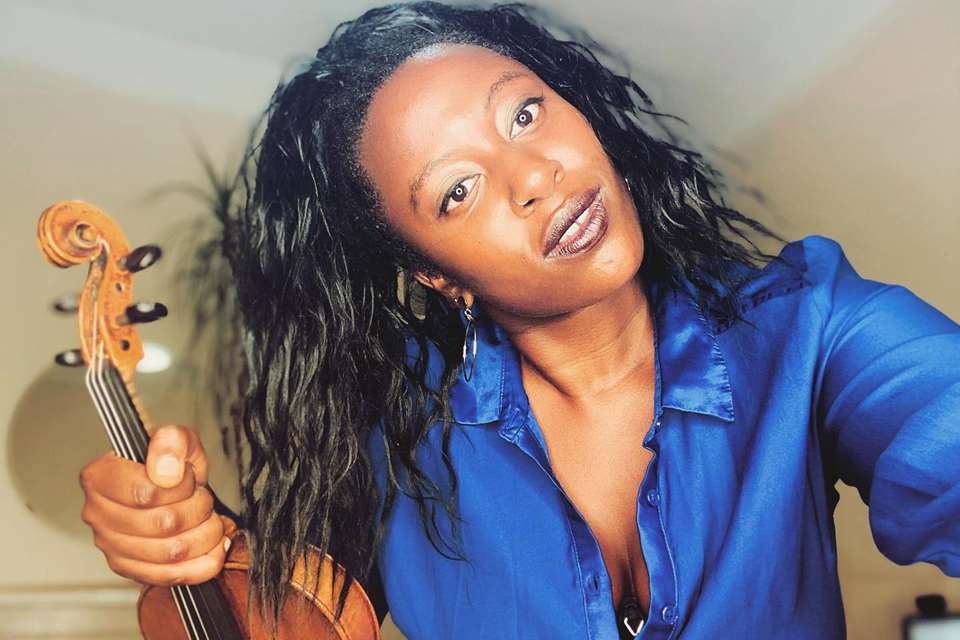Taking Off: Maria Christina Harper
Eddie Myer
Thursday, March 14, 2024
Maria Christina Harper is one of a new generation of players raising the harp's profile. Eddie Myer finds out how she's building on the legacy of Ashby and Coltrane
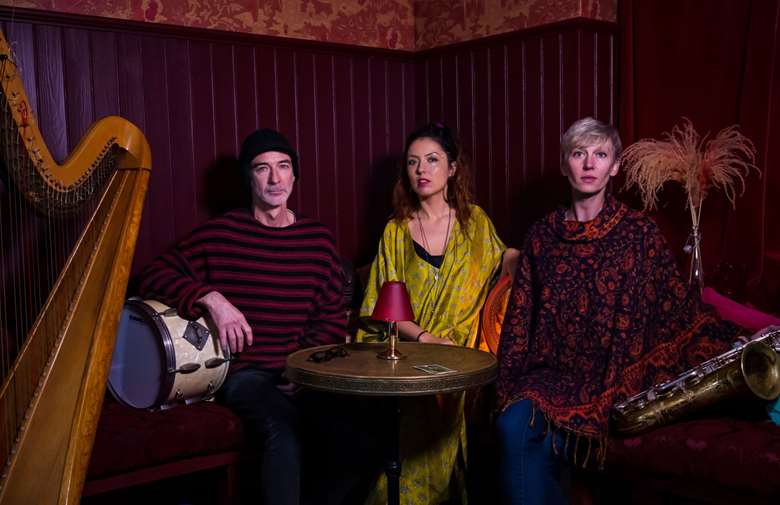

Register now to continue reading

Thank you for visiting Jazzwise.co.uk. Sign up for a free account today to enjoy the following benefits:
- Free access to 3 subscriber-only articles per month
- Unlimited access to our news, live reviews and artist pages
- Free email newsletter
